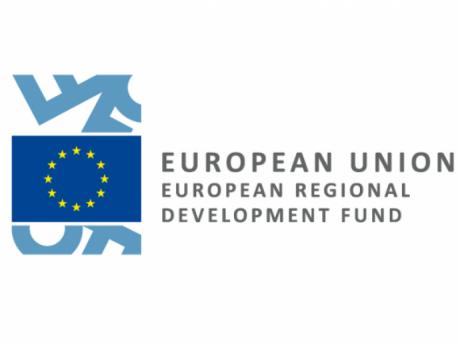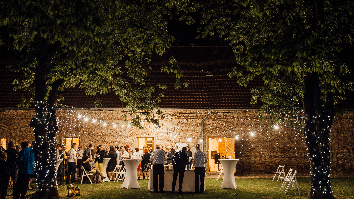
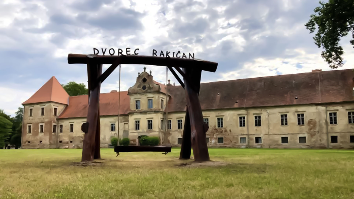
You will never be bored at the Mansion and its surroundings.

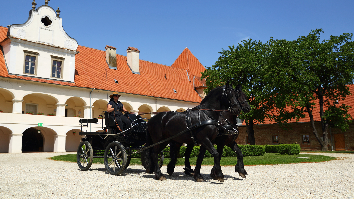
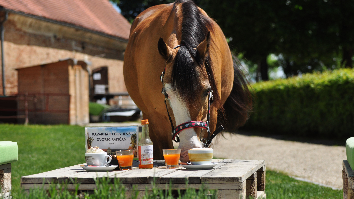

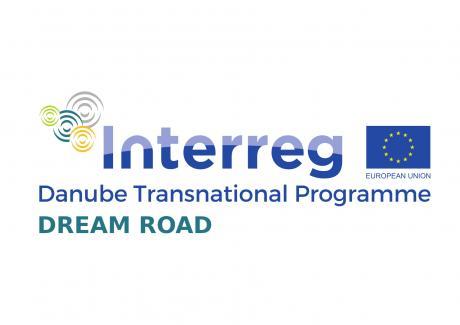
DREAM ROAD – MORE INFORMATION ABOUT THE PROJECT (Danube REgion for improved Access and eMpowerment of ROmA Development)
1. PROJECT SUMMARY
Exclusionary dynamics of social inequality and poverty are mirrored in every aspect of daily life of Europes 10-12 million Roma people. In recent years, hope of progress has been shattered by hardened political discourse with particularly harsh impact on Roma, living in overwhelmingly poor conditions on the margins of society and facing extreme levels of social exclusion. DREAM ROAD seeks to empower members of Roma communities to become agents of change. Participatory development of novel interventions to enhance digital, information and functional literacy of Roma people and establishment of broad alliances in their implementation are key results of the projects. Transferrable pilot implementations root in the development of computer- supported collaborative learning labs as catalysts of knowledge, hands-on learning and digital access, where members of overlooked and often failed communities can obtain skills and know- how to function as informed users and equal members of society. Meaningful cooperation of Roma communities, public authorities and local communities is key in achieving success in implementation of such community ecosystems. DREAM ROAD builds capacities of public bodies to better cope with Roma issues through innovation and dialogue, providing community representatives with the know-how to achieve lasting impact. The long-term objective is to create enduring and meaningful, transparent and interactive processes stimulating mutual responsiveness of all societal actors. Transnational framework will allow for implementation of transferrable solutions, tested in locally specific environments, which will serve as guidelines in future policymaking.
2. KEY FACTS
The project consortium comprises of 15 partners from 10 different countries.
Project duration: 30 months (01.07.2020 - 31.12.2022).
ENI: € 173,795.00
3. PARTNER INFORMATION
The project consortium comprises of 15 partners from 10 countries of the Danube region and 14 associated partners.
|
Name |
Type |
Contact |
Country |
|
Research and Educational Centre Mansion Rakican |
Lead Partner |
Slovenia |
|
|
Institute of Social Innovations |
ERDF |
Czech Republic |
|
|
Zala County Regional Development Agency Nonprofit Limited Liability Company |
ERDF |
Hungary |
|
|
Nevo Parudimos Association |
ERDF partner |
Romania |
|
|
Amalipe Center for Interethnic Dialogue and Tolerance |
ERDF partner |
Bulgaria |
|
|
Roma Adult Education Organisation Burgenland |
ERDF partner |
Austria |
|
|
Institute for Cultural Relations Policy |
ERDF partner |
Hungary |
|
|
Centre of Social and Psychological Sciences Slovak Academy of Sciences |
ERDF partner |
Slovakia |
|
|
Harghita County Council |
ERDF partner |
Romania |
|
|
Municipality of Murska Sobota |
ERDF partner |
Slovenia |
|
|
Covasna County Employment Agency |
ERDF partner |
Romania |
|
|
Roma Inclusion Office |
IPA partner |
Serbia |
4. INTERREG DANUBE TRANSNATIONAL PROGRAMME
The Danube Transnational Programme is a financing instrument of the European Territorial Cooperation (ETC), better known as Interreg. The Danube Transnational Programme (DTP) promotes economic, social and territorial cohesion in the Danube Region through policy integration in selected fields.
The total programme budget is 274 578 077 euros, including the EU support (231 924 597,00 €)
and the national counterpart (42 653 480,00 €). The EU support comes from three different funds:
European Regional Development Fund (ERDF) (202 095 405,00 €) Instrument for Pre-Accession Assistance II (IPA II) (19 829 192,00 €) European Neighbourhood Instrument (ENI) (10 000 000,00 €) Selected projects are financed up to 85% of their costs.
